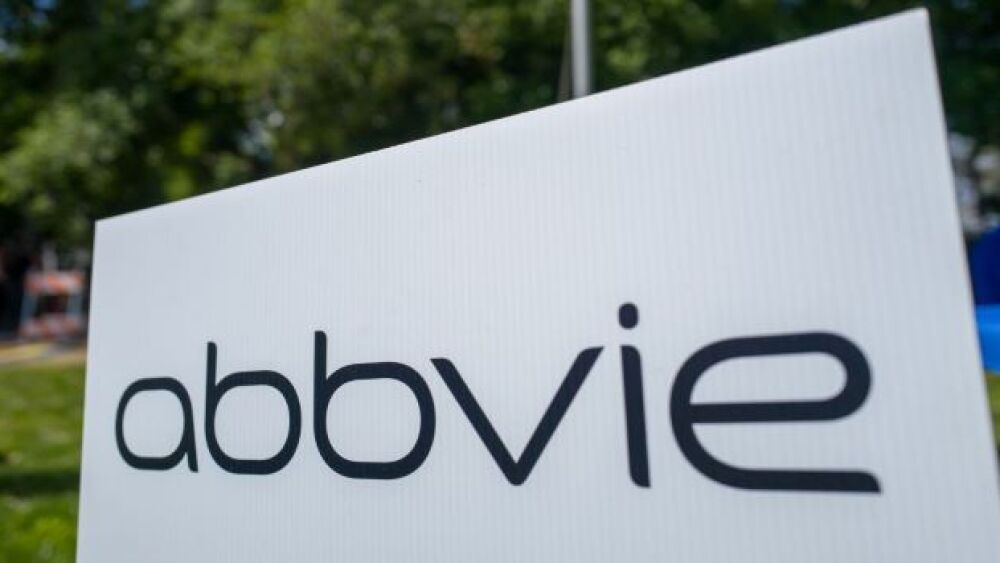Biosimilars have gained traction in Europe, but not in the U.S. AbbVie’s Humira is often made as an example of how companies are using legal tactics to delay biosimilar competition.
Smith Collection/Gado/Getty Images
In AbbVie’s second-quarter 2021 financial reports announced on July 30, the company noted that global Humira net revenues for the quarter increased 4.8% to $5.068 billion, or 3.6% on an operational basis. U.S. Humira net revenues were $4.257 billion, an increase of 7.1%. Humira net revenues were $811 million, a drop of 6.0% on a reported basis, or 12.6% on an operational basis, “due to biosimilar competition.”
Biosimilars are like generic drugs for biologics. With small molecule drugs, a generic is an exact copycat. With biologic drugs, the biosimilars are “similar,” but not exact copies. As a result, they typically undergo a clinical trial process similar to that of a branded drug.
Biosimilars have gained quite a bit of traction in Europe, but the U.S. still lags behind the rest of the world. AbbVie’s Humira is often held up as an example of how biopharma companies are using legal strategies to delay biosimilar competition.
Humira was initially approved in December 2002 for rheumatoid arthritis. It is now approved for 16 indications for adults and children including plaque psoriasis, Crohn’s disease, ulcerative colitis, psoriatic arthritis, hidradenitis suppurativa, ankylosing spondylitis and non-infectious uveitis.
One approach AbbVie has used to avoid biosimilar competition in the U.S. is to enter agreements with competitors. As Pharmaceutical Technology noted in a February 2021 article, “AbbVie has entered into settlements with nine manufacturers to allow for a 2023 launch of biosimilars.”
However, the company’s manufacturing patents extend to 2034. That will require companies that developed biosimilars to Humira to pursue case-by-case patents and deals to launch their own products.
An antitrust suit was filed against AbbVie, but was dismissed in June 2020 in a Chicago district court. As of February 2021, it was under appeal in the U.S. Court of Appeals for the Seventh Circuit.
The plaintiffs were a group of indirect purchases of the drug, and they questioned the company’s “patent thicket” for Humira. It also alleges that AbbVie allowed an early entry of biosimilars in Europe in exchange for a U.S. monopoly.
There does not appear to have been any action since the end of February 2021 on the case. Nor is it the only lawsuit. In 2019, the United Food and Commercial Workers Local 1500 (UFCW Local 1500) filed a class action lawsuit against the company for using patents to maintain a monopoly on Humira.
In February 2019, several pharma executives testified before the Senate Finance Committee, including AbbVie’s chief executive officer, Richard Gonzalez. In the hearing, it was noted that Humira is protected by 130 patents.
Senator John Cornyn (R-Texas) went after AbbVie, saying, “I support drug companies recovering a profit based on their research and development of innovative drugs. But at some point, that patent has to end, that exclusivity has to end, to be able to get it at a much cheaper cost.”
Gonzalez responded, “That patent portfolio evolved as we discovered and learned new things about Humira.”
The primary patent, the composition-of-matter patent, expired in 2016. But as AbbVie developed the drug for new indications, it developed patent protection for them.
Compared to small-molecular drugs, biologics are produced by living organisms and can cost more than 20 times more to make than small-molecule drugs. They are more complex and are regulated differently. Some of the most expensive drugs today are biologics and in the U.S., uptake of biosimilars has been slow, despite the U.S. Food and Drug Administration efforts to smooth the pathway.
As of March 2, 2021, there were 29 biosimilars approved for use in the U.S. A 2020 IQVIA report (which suggests there have been 33 biosimilar approvals across 13 molecules) projected that availability and use of biosimilars could decrease drug costs by $100 billion over the next five years, with sales totaling $80 billion over the same period.
Chip Davis, former president and chief executive officer of the Association for Accessible Medicines (AAM) noted in 2020 that the U.S. lags behind Europe because of “a combination of perception, fearmongering about the quality of biosimilars, and successful lobbying initiatives from the innovative pharma industry.”
Featured Jobs on BioSpace





